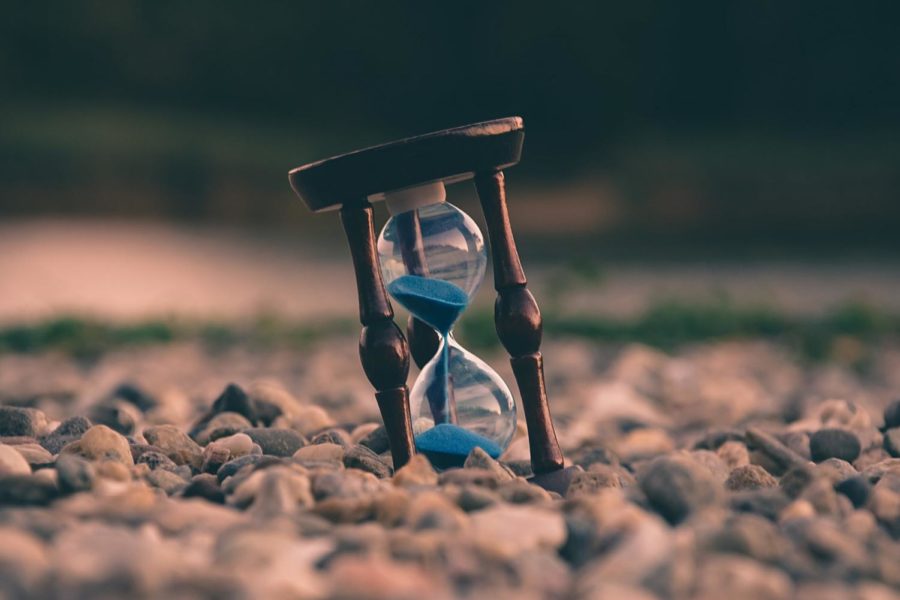Tetmeyer: Lessons from death
October 11, 2021
It is something we cannot escape. It is an integral part of the human condition and experience because, without death, life loses much, if not all, of its meaning. Some have a fear of death, which gives them the drive to achieve as much as they can while they’re alive. Some fear what may happen after and strive to receive the best afterlife outcome. Some even thrive off of the fear of death and push their own limits until they can’t any longer.
All of these mindsets operate on the premise of seeing death as a spectral image of terror that will eventually come to claim us all. But I don’t believe this is the correct way to look and deal with death. I see death as a messenger that not only tells you when it is your time to leave but will give you the ability to really examine your own life when it is not you that the end is calling to.
I had a friend of three years die in early September. Andy Propst, celebrated critic, author, internet pioneer and my mentor, died Sept. 6. I received a call from his phone the next day, which I was unable to answer at the time. I didn’t return the call until a week later after I had sent him one of my articles, and I was met with the news of his death given to me by the executor of his estate. To me, this man had “lived” for an extra week before I found out that he actually didn’t. I thought about it all through the quiz I had that morning. I read through every email, text and phone call we had had over the years and the books he had sent me, deconstructing our entire friendship that was ultimately short in the grand scheme of things.
This wasn’t my first experience with death. I have had a number of dogs that have passed, along with having the fortune to be born while all my great grandparents were alive and grow up with them around me — but I knew they would die. I knew that they wouldn’t be around forever because they were already near the end when I began. The flip side of that fortune is I had to experience putting every one of them in the ground. I can still remember when I heard about the passing of my last great-grandmother when I was 14 years old. We were on our way to see her and my mother received the call in the car while we were on the road. I had brought my cello to play for her, as she loved to see me perform. All I wanted inside was to see my Great Gram one more time.
I couldn’t help but think about her when I received the call about Andy, as it felt just like that day.
But I did something that I didn’t do when I heard my Great Gram had died. I took a minute to live in that moment. I stood and talked with the executor. I didn’t just shove it down or ignore it until I couldn’t anymore. I talked with this lovely man who told me about how many people other than me Andy had affected. Of course, there were tears and sadness after, as there always is. But it prompted me to go through the books he sent me again, the emails, the text. I was able to celebrate my friend that day as well as mourn him. And the one thing that I know in the future is I want to be in the room when my loved ones die. I know it sounds morbid, but I want to be with them when they die, so I know they aren’t going to be alone and so that I can sit with them. To be able to live in that incredibly raw and incredibly human moment when your best friend, sister, brother, father or mother go from being alive to being a memory.

















